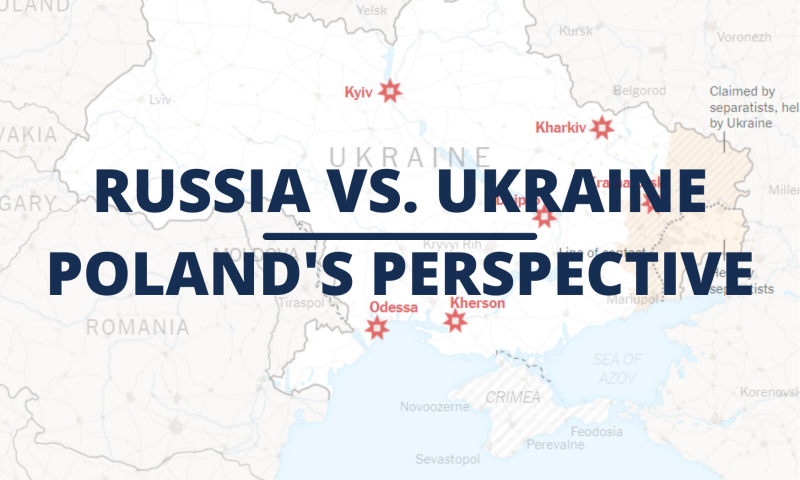Training, recruitment, and retention — the benefits of hybrid working by CIMA
Hybrid working continues to bring benefits for employers and employees, according to finance leaders and professionals in Sri Lanka and Central and Eastern Europe.
Companies have embraced hybrid working models to lower the risk of manager burnout, sustain corporate cultures, and retain finance professionals who enjoyed remote working during the COVID-19 pandemic. They include businesses in South Asia and Central and Eastern Europe.
"We found that we were able to maintain the quality of work pre-pandemic by offering a hybrid system," said Jehan Perinpanayagam, FCMA, CGMA, CEO of Infomate Pvt Limited, a Sri Lankan business process management (BPM) company with clients in Australia, the UK, northern Europe, and the US. "It is a positive experience for both parties, especially as employees save time and money and [are] better able to maintain work-life balance, whilst the company too benefits from increased productivity, [employee] availability and improved retention."
"Hybrid offers the best of both worlds and considers employees who may miss the office environment," he added.
An AICPA & CIMA survey conducted in collaboration with PwC during the second half of 2022 in Poland, the Czech Republic, Slovakia, Hungary, Bulgaria, Austria, and Romania reported similar sentiments amongst the 270 finance professionals who participated.
The hybrid work model, which offers flexible combinations of remote, in-office, and on-the-go work, was preferred by the majority of respondents, according to the Finance and the Great Reshuffle survey. Three-quarters (75%) of senior managers, 57% of team leaders, and 52% of specialists and other finance professionals favoured a hybrid work model.
That made hybrid working a good option for companies to address a workplace difference the survey also highlighted: Staff with and without direct reports experience remote and in-office work very differently.
Hybrid working: training, recruitment, retention
Once the business world reopened, many companies worldwide switched to hybrid working.
Infomate did, so did Hayleys Business Solutions International, another Sri Lankan BPM company specialising in finance and accounting services for clients. Many companies in Central and Eastern Europe did the same. Amongst respondents to the Great Reshuffle survey, 60% said they worked in a hybrid model.
Hybrid working offers several benefits that are continuing, Infomate's Perinpanayagam and Rukshani Malewana, FCMA, CGMA, director and CEO of Hayleys Business Solutions International, told FM.
Enhanced training. Many management consultants and business leaders may have thought that if there was a reason for in-office interaction, it would be for training. But by considering a different approach, the results, according to Perinpanayagam, proved surprisingly effective.
"[Hybrid] training proved useful as it offered flexibility [around] time," he said, adding, "In a physical environment you don't see if they [employees] have the right attention spans and are actually absorbing the information."
There are scalability benefits, too. There may be insufficient physical space to train employees, sometimes causing sessions to spread over multiple days to accommodate that. The right instructors may also be in short supply or unavailable to travel. Online training changes that.
"Accessing a diverse pool of trainers from around the world [and] tapping into our own networks and connections in global and regional markets has made it easier to set up training sessions with a wealth of perspectives," Malewana said.
"With the ability to pre-record training sessions … we can focus more closely on providing high-quality training that meets our standards," she added.
Companies can also chart an employee's progress through online means.
"[Online training] allows employees to access sessions at their own convenience, leading to increased participation and engagement. This is particularly beneficial for teams in areas affected by traffic or time zone differences," Malewana said.
She added that hybrid working models allowed in-person training sessions to be more productive and even fun. "With hybrid work, physical interactions and in-person training sessions become more valuable and enjoyable for employees, leading to increased engagement and a better learning experience."
Wider recruitment. More than 80% of Sri Lanka's population lives in rural areas. Like most countries, its commercial businesses are typically concentrated in cities, making it hard for rural workers to earn competitive salaries. Remote and hybrid working is changing that.
"By offering hybrid working arrangements, organisations were able to broaden their talent pipeline and offer opportunities to individuals outside their typical recruitment radius," said Malewana, who praised hybrid working's digital-led approach.
"This allowed for greater access to talent across the island, as there was no requirement for individuals to work in a specific physical location," Malewana said. "This flexibility presented a unique opportunity to support the growth of digital economy-based industries, such as [BPM] companies."
Improved employee retention. Companies in Sri Lanka and Central and Eastern Europe reported that hybrid working is attractive to workers who might otherwise look for another job.
Among key findings from the Great Reshuffle survey, employees required to return to the office full time were twice as likely to resign (42%) as those employed in a hybrid capacity (21%).
Switching from remote working to a hybrid model is also helping improve employee retention for Hayleys Business Solutions International.
"We have noticed an increasing expectation for the flexibility of a hybrid working model among employees," Malewana said. "This has become a value proposition [and] offering a hybrid working model has become a critical factor."
Download Finance and the Great Reshuffle report and discover what its findings mean for the accounting and finance profession and, more importantly, for your organization.








